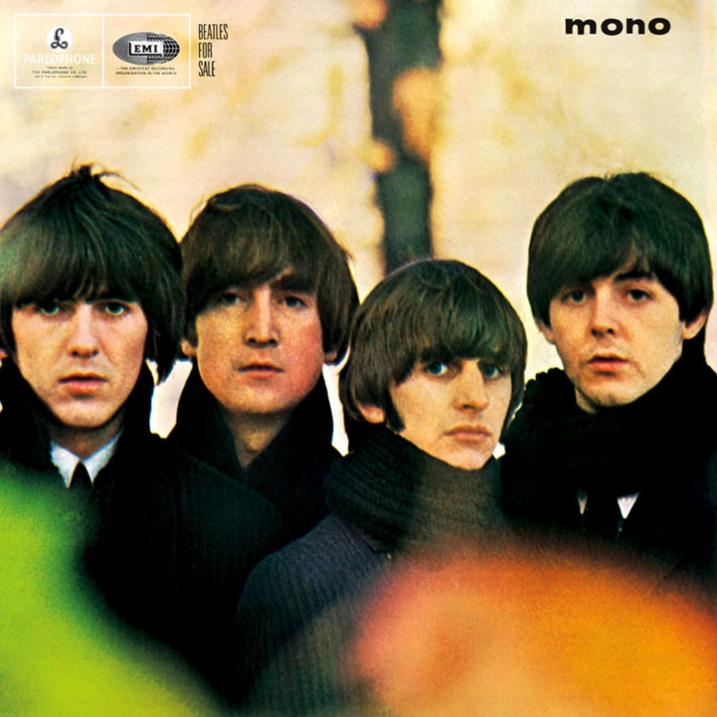On Beatles For Sale, we see the first signs of a growing fatigue among the members of the band. They had been through – indeed, were still in the very midst of – an experience simply unprecedented in its scope and scale in human history. They had become a truly global phenomenon, shattering the preconceptions of billions as to what was possible for a rock band. And as fun and thrilling as being a Beatle surely was, there was nonetheless a growing restlessness within the group. After all, how many times can you hear a teenage girl’s hysterical scream before it turns to white noise?
The weariness evident throughout Beatles For Sale was likely intended to some degree by the band. Certainly, opening, as the record does, with a 1-2-3 sequence of jaunty, catchy, and thoroughly bummed out tracks like “No Reply,” “I’m a Loser,” and “Baby’s in Black” lends us some creative psychoanalytic license. Throughout the record, but especially in its first three songs, you can hear a band who no longer can truly get excited singing about holding hands or other childish things (remember – the vast majority of the work’s output at this juncture concerned some combination of girls, dancing, and oral sex). But I don’t want to oversell a narrative in which Beatles for Sale represents some sort of lofty existential crisis for the group. Although one detects an artistic restlessness in songs like “No Reply” or “I’ll Follow the Sun” (a rather fatalistic little song, this time about life impugning upon what was the security bubble of young love), the glut of covers found here – a step back from A Hard Day’s Night in that regard – is likely best understood as the first signs of a band burning out.
But, of course, the Beatles burning out sounded a lot like most bands lifting off. Indeed, the frantic, manic energy of the brilliant “Kansas City/Hey-Hey-Hey-Hey!” (featuring on of Paul’s best vocal performances) proves that even when they were stumbling, the Beatles were eminently capable of producing simply perfect pop/rock. “Eight Days a Week” is in one sense indicative of the band’s material up to the point – lyrically, the song is a generic early-Beatles song about how awesome it is to love you, Babe – but it nevertheless, in its chiming intro and outro, hinted towards the greater experimentation with electric guitar the band was soon to persue.
Still, as enjoyable as everything here is – and as wonderful as the truly top-tier stuff is – it is undeniable that Beatles For Sale is a rare minor work from the Beatles. It’s an understated record in many ways, quiet and somber – the aforementioned “Kansas City” aside, even when they rock, the mop tops sound a little listless – but, in some ways, it’s all the more loveable for its unassuming nature. For those who may find some of the band’s future experimentation to be, as John once called Sgt. Pepper, an empty show, Beatles For Sale is a fantastic corrective – offering a rare view into the Beatles’ vulnerable, semi-fallible side.

